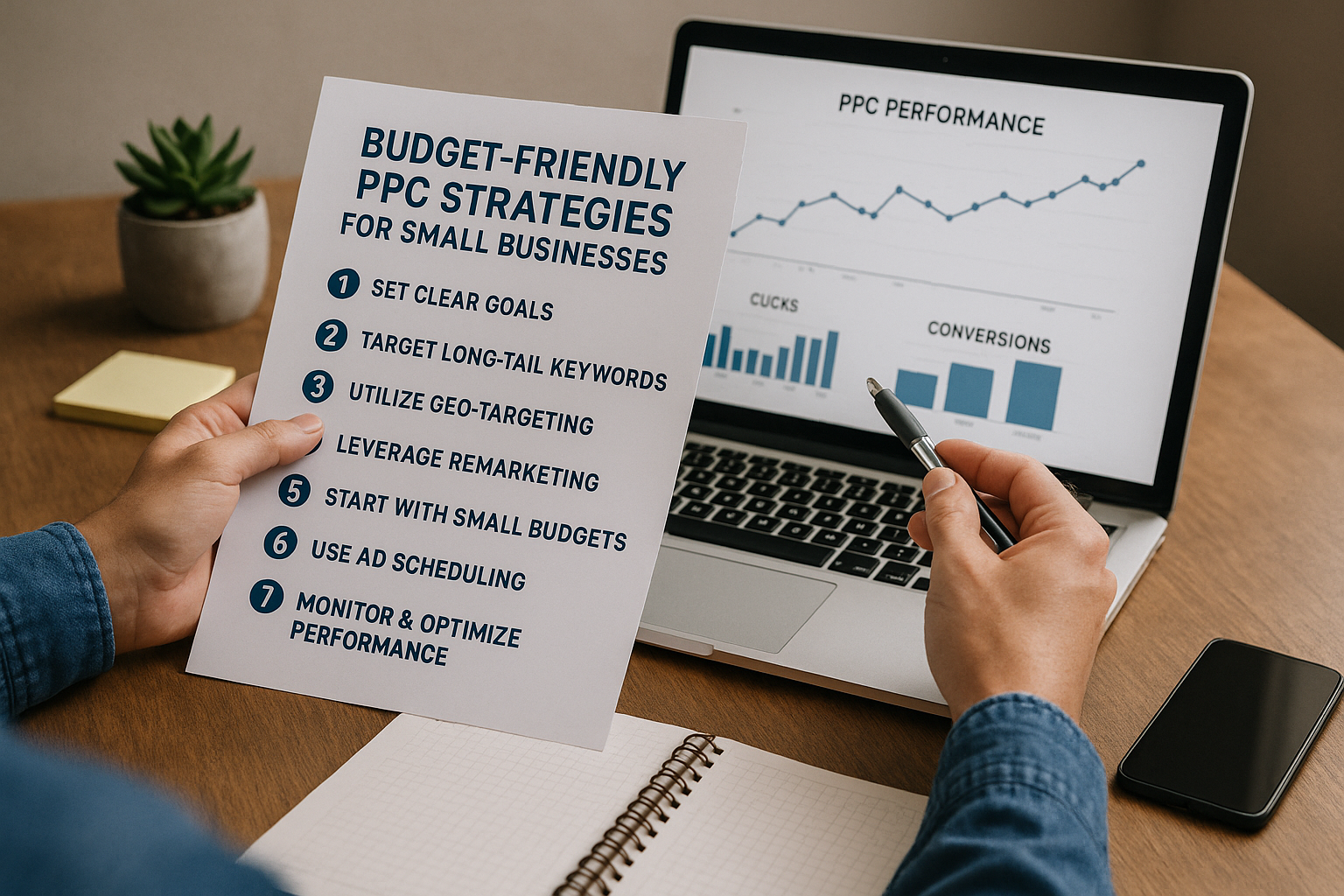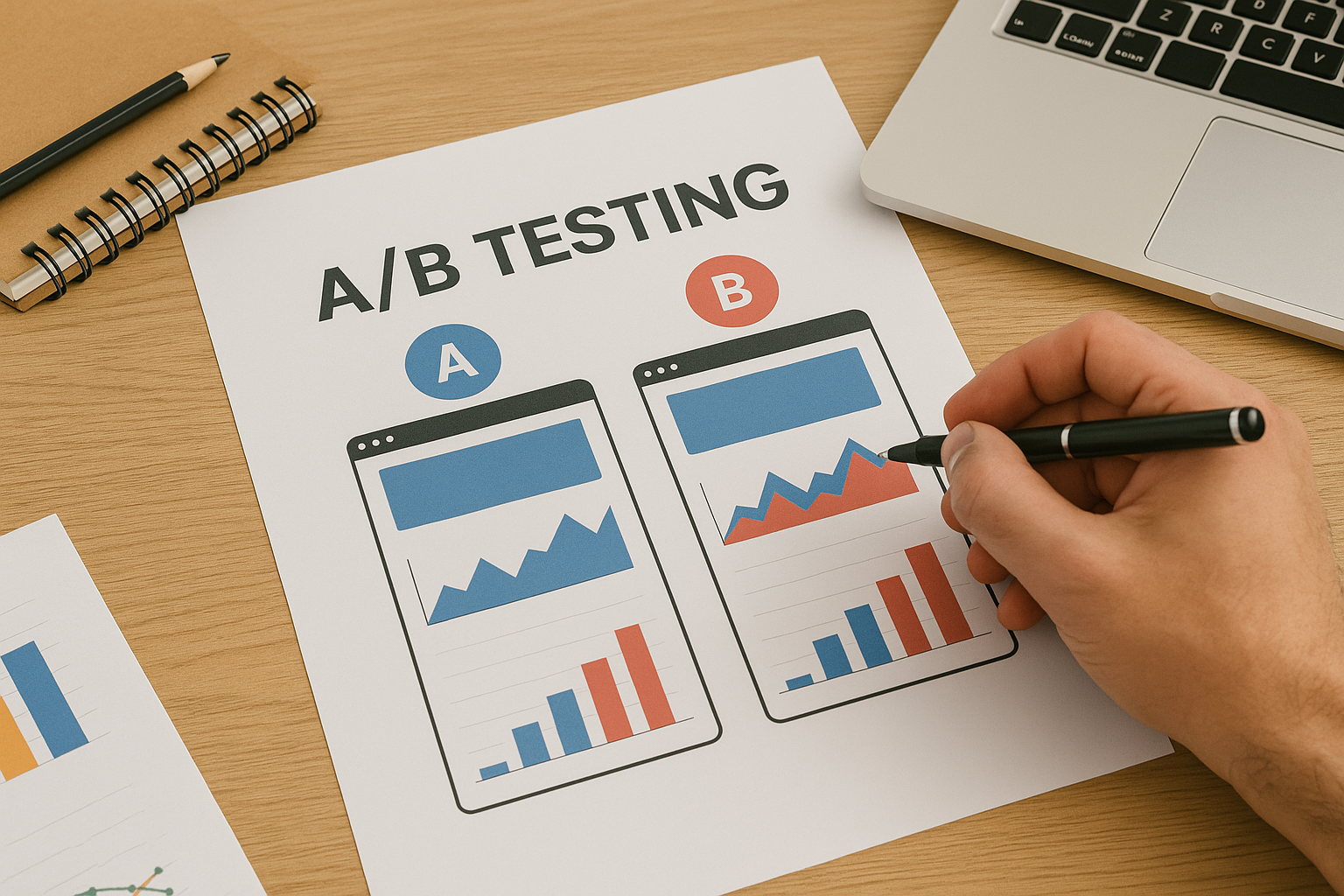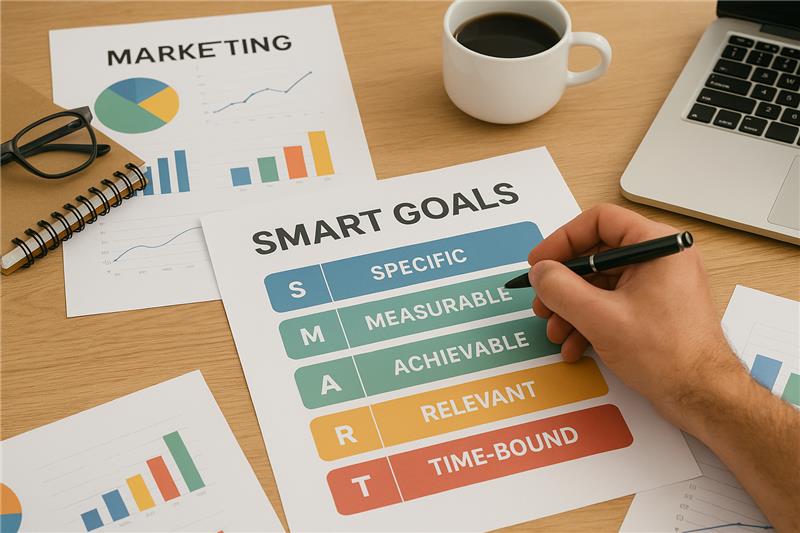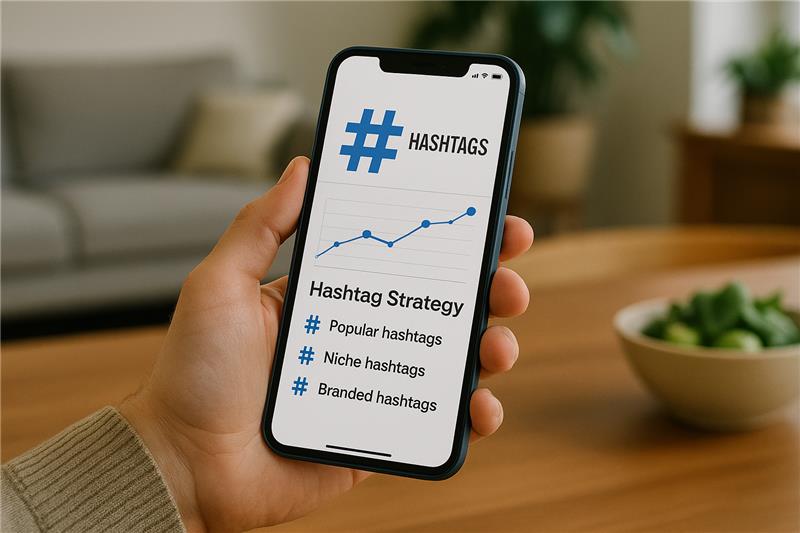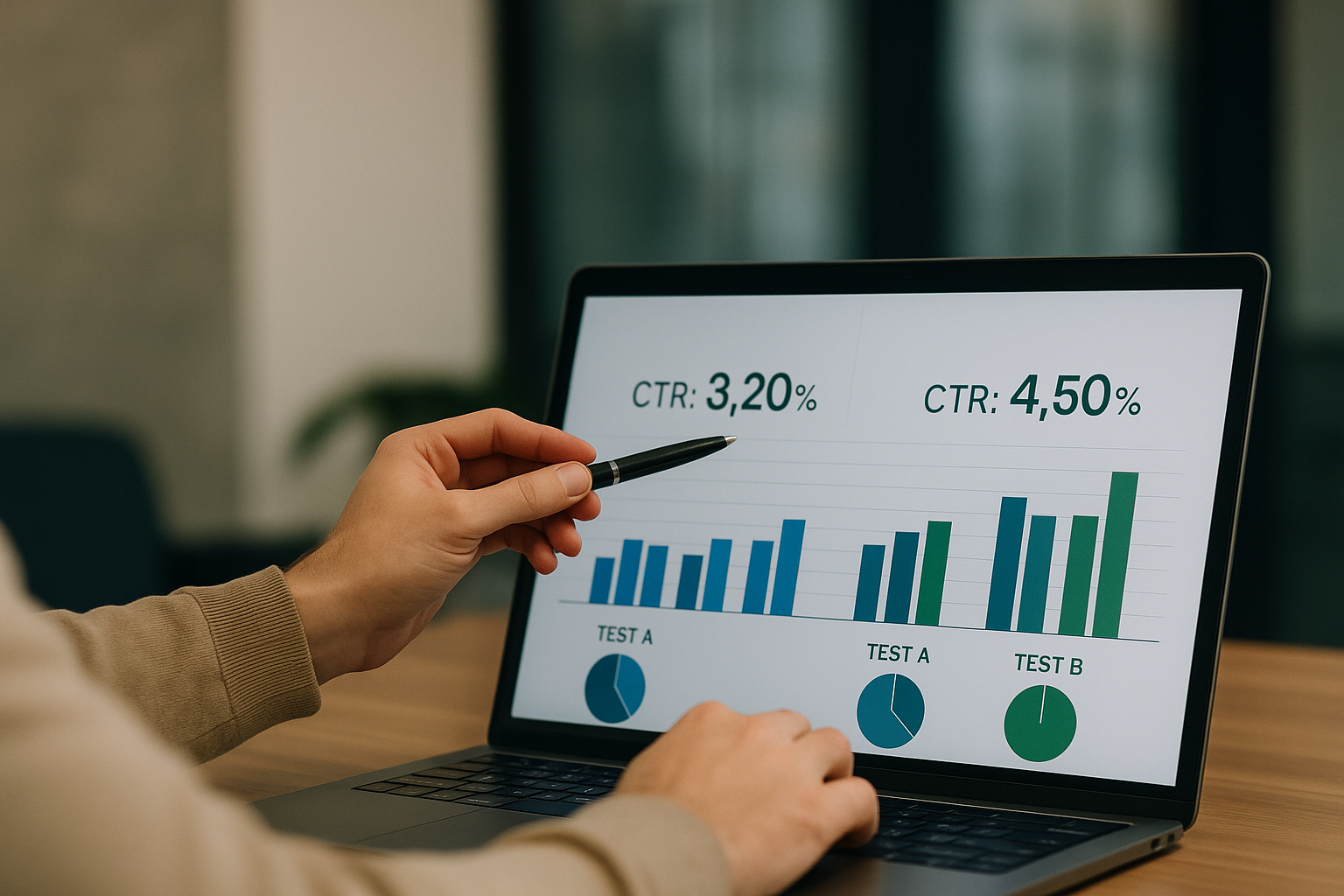What KPIs a Digital Marketing Agency Should Track for You
When you hire a digital marketing agency, one of the most important things they should provide is measurable results. Marketing is no longer about vague promises or creative campaigns without accountability—it’s about hard numbers and key performance indicators (KPIs). These metrics tell you whether your marketing spend is working and where you should double down to maximize growth.
But what KPIs should a digital marketing agency track for you? While the exact list depends on your business model and goals, there are some essential metrics that every client should monitor closely. Let’s break them down.
1. Website Traffic Metrics
A well-executed marketing strategy should drive people to your website. That’s why your agency should constantly track:
Total Traffic: The overall number of visitors coming to your site. This shows if your campaigns are bringing in more potential customers.
Traffic Sources: Whether users are coming from organic search, paid ads, social media, referrals, or direct visits. This helps you know which channels deliver the best ROI.
New vs. Returning Visitors: If your brand awareness campaigns are working, you should see a steady stream of new visitors. On the other hand, loyal customers should also return for repeat engagement.
A digital marketing agency that only shows you traffic numbers without explaining where they come from is not doing their job. The real value lies in understanding traffic quality, not just quantity.
2. Conversion Rate
Driving traffic is just the beginning. The real test is how many of those visitors take meaningful action. This could be filling out a form, signing up for a newsletter, or making a purchase.
Conversion Rate (%) = (Conversions ÷ Total Visitors) × 100
Tracking this KPI tells you how effective your landing pages, calls-to-action, and user experience design are. A strong digital marketing agency should not just report conversion rates but also recommend ways to optimize them through A/B testing, improved copy, or better funnel design.
3. Cost Per Lead (CPL)
If your business relies on generating leads, you must know how much each lead costs. CPL is a critical metric for understanding campaign efficiency.
For example, if you spend $1,000 on ads and generate 50 qualified leads, your CPL is $20. A good digital marketing agency will compare CPL across different platforms—Google Ads, Facebook, LinkedIn—to see which channel is most cost-effective.
4. Customer Acquisition Cost (CAC)
Leads are not the same as paying customers. That’s where CAC comes in. This KPI tells you how much it costs to acquire one paying customer, factoring in advertising spend, agency fees, and other marketing costs.
CAC is crucial because even if leads are cheap, they may not convert into revenue. A results-driven digital marketing agency should monitor CAC closely and strive to lower it over time while maintaining high-quality leads.
5. Return on Ad Spend (ROAS)
If you’re investing in paid advertising, ROAS is non-negotiable. It measures how much revenue you earn for every dollar spent on ads.
ROAS Formula: Revenue from Ads ÷ Ad Spend
For example, if you spend $2,000 on ads and generate $8,000 in sales, your ROAS is 4:1. A skilled digital marketing agency will test ad creatives, targeting, and bidding strategies to maximize this ratio.
6. Customer Lifetime Value (CLV)
One of the most overlooked but powerful KPIs is CLV—the total revenue you can expect from a customer during their relationship with your business.
Why is this important? Because it tells you how much you can afford to spend on acquiring new customers. If your CLV is $1,000, but your CAC is $800, the math doesn’t add up. A good digital marketing agency helps you align CLV and CAC to ensure sustainable profitability.
7. Organic Search Rankings
SEO remains one of the highest ROI channels for long-term growth. Your agency should monitor:
Keyword rankings for your target terms
Organic impressions and clicks
Share of voice compared to competitors
By tracking these KPIs, a digital marketing agency ensures that your brand visibility improves over time without relying solely on paid ads.
8. Engagement Metrics
Not all KPIs are about sales directly. Engagement metrics show how well your audience interacts with your content and brand. These include:
Click-Through Rate (CTR): Are your ads and emails compelling enough to drive clicks?
Bounce Rate: Do visitors leave after viewing one page, or do they stay to explore more?
Average Session Duration & Pages per Session: Indicators of content quality and user experience.
Social Media Engagement: Likes, shares, comments, and saves reflect brand resonance.
A digital marketing agency that tracks engagement metrics alongside sales numbers provides a full picture of how your marketing ecosystem performs.
9. Email Marketing KPIs
If your strategy includes email campaigns, don’t overlook:
Open Rates – Do subject lines capture attention?
Click Rates – Do people act on your message?
Unsubscribe Rates – Is your content relevant or are you losing audience trust?
These KPIs show how effectively your email marketing nurtures leads and retains customers.
10. Revenue and ROI
Ultimately, the most important KPI is return on investment. A great digital marketing agency won’t just track vanity metrics—they’ll show you how their efforts directly impact revenue growth.
Whether through lead generation, e-commerce sales, or brand building, the end goal is always profitability. ROI ties together all other KPIs and proves whether your marketing strategy is sustainable.
Final Thoughts
Partnering with a digital marketing agency is one of the best ways to grow your business, but only if you focus on the right KPIs. Traffic, conversions, CPL, CAC, ROAS, CLV, and engagement metrics are all critical to understanding what’s working—and what needs improvement.
The agencies that stand out are those that not only track these numbers but also translate them into actionable strategies. In the end, KPIs aren’t just reports—they’re your roadmap to growth, efficiency, and long-term success.


